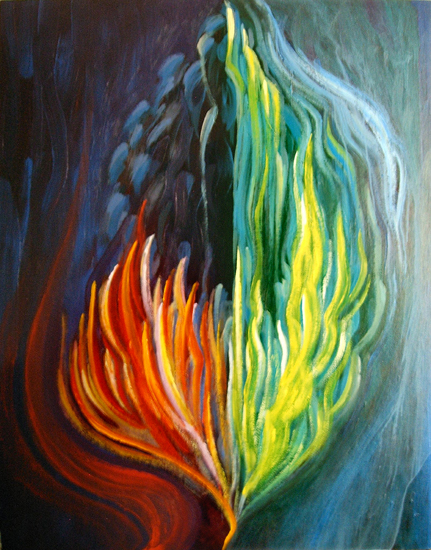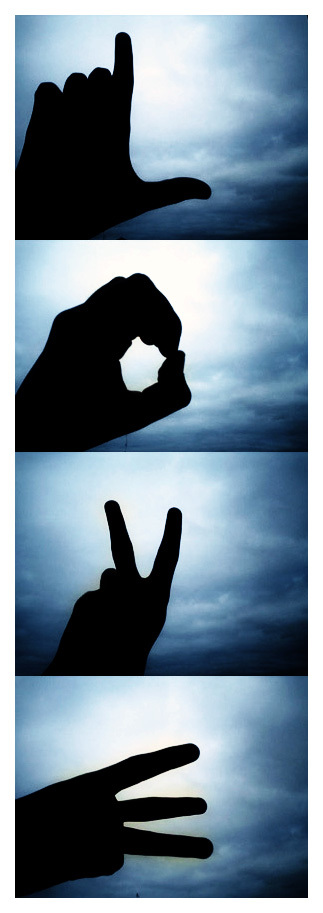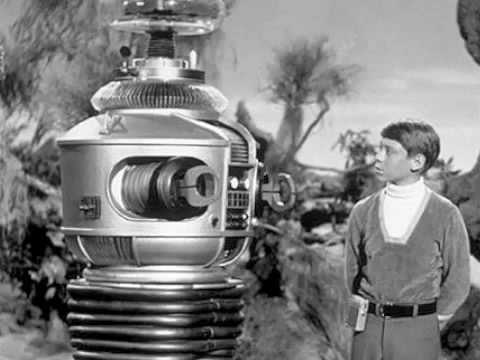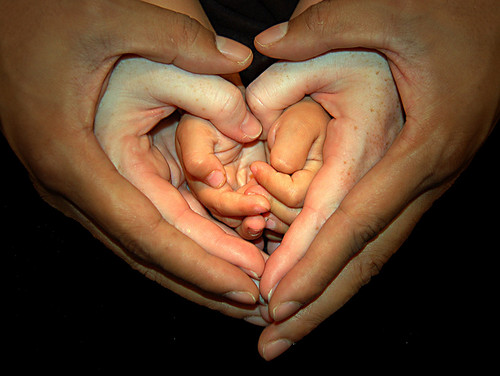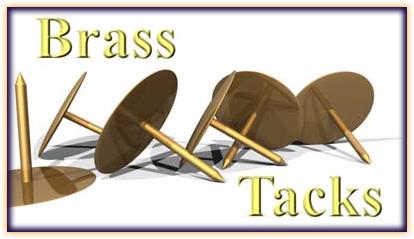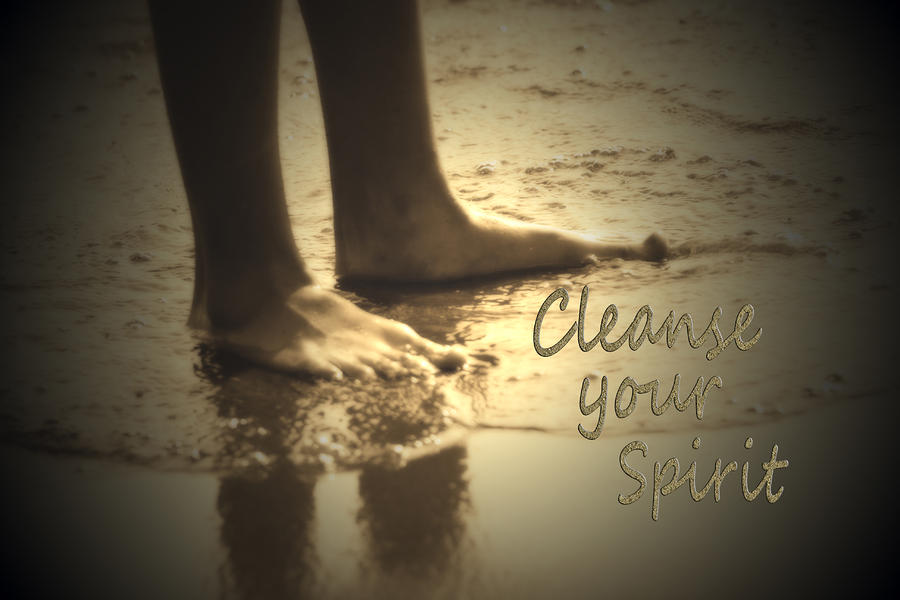So, do you hear it?
Do you hear that whoosh of a violent wind rush into this place, filling the entire sanctuary with its sound?
No?
Alas.
What about those tongues of fire? Tasting them yet?
No?
Well, I can take care of that.
Here.
Try these. (Hot Tamales® cinnamon candies)
Put them on your tongue, and chew.
Tongues of fire, anyone?
• • •
Today, my friends, is the Feast of Pentecost, the day when we celebrate the arrival of the promised Holy Spirit, the Advocate, who will testify on Jesus’ behalf, who will guide us into all truth, who will speak whatever he hears from God the Father and God the Son, who will declare to us the things that are to come.
This is the day when we eagerly acknowledge the power of the Spirit in our lives. It is the day when we especially pray, “Come, Holy Spirit, come!” – as though the Spirit isn’t present with us every moment of our lives! I mean, when we’re calling on the Holy Spirit, where exactly do we think the Holy Spirit is?! Jesus said he would send the Spirit, the Acts of the Apostles tells us the Risen Lord did just that … so why, pray tell, do we keep asking for the Holy Spirit to show up?
And what, pray tell, do we think the Holy Spirit is going to do when she gets here?
Make a big whooshing sound, like in the upper room so long ago?
Set our tongues on fire?
(Need another Hot Tamale?)
I can tell you one thing:
If you pray for the Holy Spirit to show up, you had better be prepared for what happens next.
Because the Holy Spirit is not some … some … wimpy little ghost that floats around, barely making her presence known.
No, my friends, the Spirit, is sent to us by God the Father (I know, I know, the Creed says the Spirit comes from both the Father and the Son, but read today’s Gospel again, and you’ll see that Jesus says quite firmly that the Spirit comes from the Father … the line in the Creed is the result of a council in Toledo in the 7th century … but that’s another story). And the reason God the Father sends us the Spirit?
To set us on fire … so that we can set the world on fire!
• • •
When I was a child, my mother used to warn me: “Be careful what you ask for, because you just might get it.”
The same is true with the Holy Spirit. Be careful, my friends … be very careful about asking the Holy Spirit to show up in your lives, to give you a sign, to lead you to that new place you so desperately wish to go.
Because you just might get exactly what you ask for … and then what?
What are you going to do with all this power she gives you?
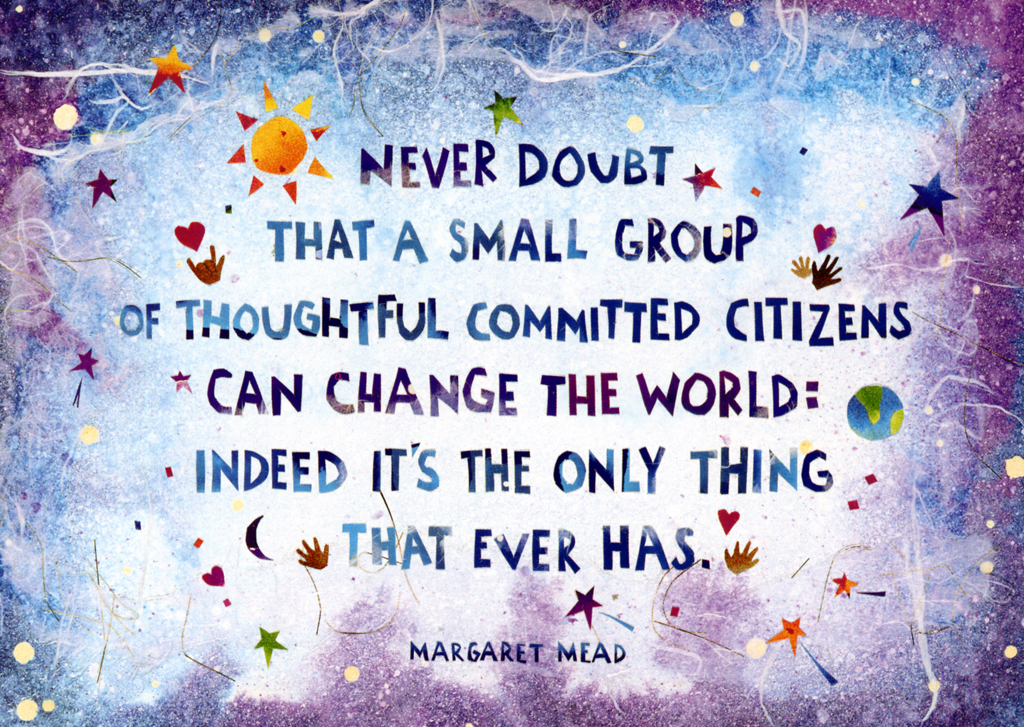 Are you going to change the world?
Are you going to change the world?
I certainly hope so!
I certainly hope and pray that you go out and change the world … each and every one of you.
Because that’s what Pentecost is all about …
It’s about grabbing hold of the Spirit that is grabbing hold of us and going for the rides of our lives!
Remember last week, when I said that love is dangerous and scandalous and radical?
Well, who do you think makes love so dangerous, so scandalous, so radical?
Who do you think gives us the ability to love like that?
The Holy Spirit, that’s who!
We are Christians.
We are followers of … disciples of … the Risen Lord.
The Risen Lord never told us to sit back and rest on our laurels. The Risen Lord never said, “OK, now you’ve been baptized in the name of the Father and the Son and the Holy Spirit, marked as mine forever, sealed by the Spirit, so go rest!”
No!
The Risen Lord told us to go out into the world and change it!
That’s why we have the Spirit!
So we can change the world!
The Spirit is the one who inspires us … who literally gives us the breath of life that we need to take on the barroom brawl that is the world today and turn it into the world that can be, the world the God desires for us.
You see injustice in the world? Do something about it! Work for justice.
You see want in the world? Do something about it! Feed the hungry! Give water to the thirsty! Clothe the naked! Give sight to the blind, hearing to the deaf, voice to the mute! You! Yes, you! Make the lame leap for joy!
We have been empowered, emboldened, by the Spirit. We asked for it, and we got it.

Now we have to do something with it!
Archbishop Desmond Tutu, the retired primate of Cape Town, South Africa, has a prayer that sums up everything we need to know about the Holy Spirit working in our lives:
Disturb us, O Lord,
when we are too well-pleased with ourselves
when our dreams have come true
because we dreamed too little,
because we sailed too close to the shore.
Disturb us, O Lord,
when with the abundance of things we possess,
we have lost our thirst for the water of life
when, having fallen in love with time,
we have ceased to dream of eternity
and in our efforts to build a new earth,
we have allowed our vision of Heaven to grow dim.
Stir us, O Lord,
to dare more boldly,
to venture into wider seas
where storms show Thy mastery,
where losing sight of land,
we shall find the stars.
In the name of Him who pushed back the horizons
of our hopes and invited the brave to follow. Amen.[1]
I am telling you … you had better be careful … very careful … when you pray for the Holy Spirit to show up in your life.
Because the odds are, you are going to get exactly what you asked for …
And then you’ll have to do something with it.
You know … something simple … like changing the world!
Amen.
Sermon preached for the Feast of Pentecost, 26 May 2012, Year B, Church of the Good Shepherd, Blue Grass, Va.
[1] Adapted from an original prayer by Sir Francis Drake. Via http://godspace.wordpress.com/2012/03/02/disturb-us-o-lord-a-prayer-by-desmond-tutu-4/
